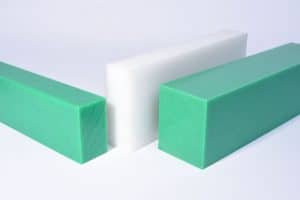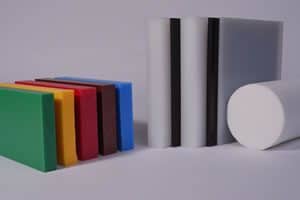The material polyethylene (PE)
PE (polyethylene) in various forms
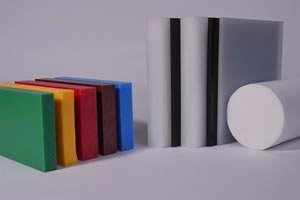
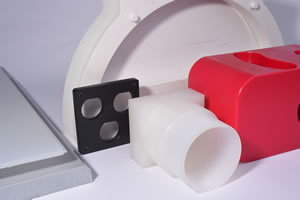
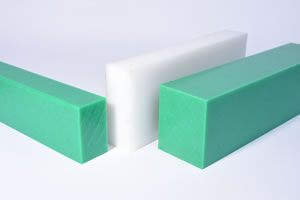
Semi-finished products such as sheets, welding rods, round rods and finished parts made of polyethylene (PE).
Polyethylene (abbreviation PE) is a very light and, in the variants we offer, very high-performance plastic. Semi-finished products made of PE as plates or round rods or finished parts are, among other things, very impact-resistant, abrasion-resistant, slick (self-lubricating), cold-resistant, very acid- and alkali-resistant, easy to machine and do not absorb water.
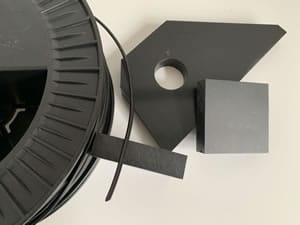
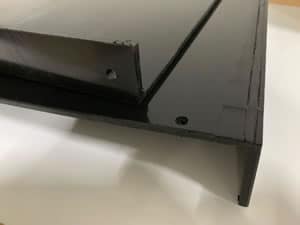
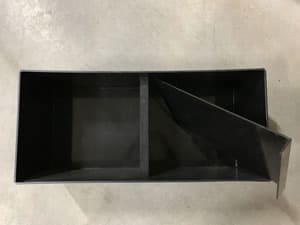
PE: The material - technical properties
The properties of polyethylene sheets depend on the molecular length. The longer the molecular length of the respective PE, the higher the technical properties. The types of PE we use start at about 300,000 (PE HD, PE 100 or also called PE 300). This material is already characterized by the properties mentioned and can be welded well with a welding rod. With PE 500 (also called PE HMW with a molecular length of 500,000) the welding rod weldability decreases, but impact strength and abrasion resistance increase. PE 1000 (PE UHMW with a molecular length of 1 to 17 million) is the highest quality polyethylene. With this material, the focus is clearly on abrasion resistance, impact resistance, and acid and alkali resistance. There is no material with a better price-performance ratio in this area.

A wide variety of properties are possible
The PE can be specialized for further applications by adding additives. A conductive carbon black, for example, leads to the storage of moisture and the resulting electrical conductivity, mixed-in glass beads increase abrasion resistance, a UV stabilizer increases UV resistance, mixed-in oil leads to diffusion and additional lubrication, mixed-in BOR provides additional radiation shielding, etc. .
Recycling is a top priority
Since polyethylene is a thermoplastic, the production waste can be easily reprocessed into cost-effective reclaimed sheets with continued high technical properties.
Do you want more information about polyethylene (PE)?
Please send us your questions on the form below and we will contact you.



